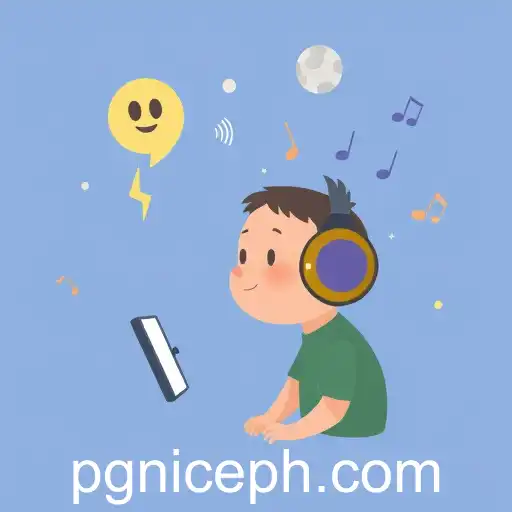
In recent years, the intersection between gaming and education has become an intriguing field of exploration. Particularly, gaming platforms such as Niceph have emerged not just as sources of entertainment but also as influential tools in education. As digital platforms continue to develop, they offer innovative ways for learners of all ages to engage with content.
Niceph has been at the forefront, blending traditional learning concepts with interactive gaming. This dynamic approach allows for immersive experiences that conventional methods may lack. Students are now able to learn complex subjects such as mathematics, science, and history through gamified applications that encourage participation and retention. As a result, educators worldwide are beginning to explore more creative approaches, replacing rigid teaching methods with flexible, play-based learning.
Recent trends suggest that by incorporating games that demand strategic thinking and problem-solving, learners can develop skills essential for the 21st century. Educational games on platforms like Niceph not only enhance cognitive skills but also foster collaborative and social aspects. This evolution in pedagogy signals a shift toward more engaging and personalized educational experiences.
The role of technology in classrooms has further fueled this change. Schools that integrate platforms like Niceph into their curriculums report increased student motivation and improved academic performance. Such digital tools cater to different learning paces, allowing students to progress at their own speed. This adaptability ensures that each learner's needs are met, promoting a more inclusive educational environment.
Critics argue that gaming may distract more than educate, raising concerns about over-reliance on technology. However, when used thoughtfully, the benefits of educational games in fostering enthusiasm and curiosity far outweigh the drawbacks. As new generations grow up in a tech-heavy world, the importance of digital literacy cannot be overstated.
In conclusion, the lasting impact of gaming on education seems inevitable. As platforms like Niceph continue to innovate and evolve, they hold the potential to redefine how knowledge is absorbed and applied. As we anticipate the future of educational methodologies, it is clear that the integration of gaming within traditional learning will play a critical role.


